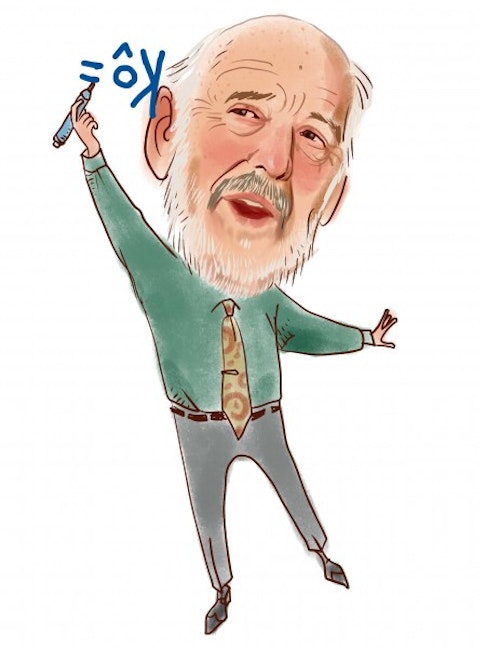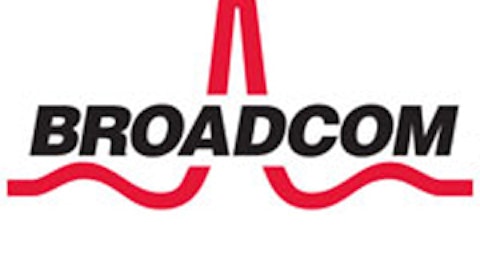Company insiders often have a better perspective of the company’s future performance than outside investors do. True, insiders often sell their shares for cash or in order to diversify their investments, but sometimes insider selling can be a bearish signal for a company. For example, academic research indicates that stocks sold under 10b5-1 trading plans underperform the market. Here are five stocks that insiders are selling under 10b5-1 plans this month:
Stryker (NYSE:SYK) The medical technology company, which counts implant systems and surgery equipment in its product list, had 27,000 shares sold this July by Ronda Stryker, a director of the company. This sale was per a 10b5-1 trading plan. The 27,000 shares, which had been held in a revocable trust, were sold between July 12th and July 16th at an average price of $52.8165. As of this writing the company’s stock trades at $52.99. Stryker has been selling shares of the company consistently, about 9,000 shares each trading day since the middle of March when the stock traded at $54.84. Billionaires David Shaw and Jim Simons are quite bullish about the stock, boosting their stakes in the company during the first quarter (see Jim Simon’s top holdings).
Morningstar (NASDAQ:MORN) The $2.9 billion market cap investment research company had 5,000 shares sold on July 16th by Donald Phillips, a director of the company and president of Fund Research, in accordance with a 10b5-1 trading plan. The 5,000 shares came out of Phillips’s personal holdings and were sold at an average price of $59.6848. Phillips had sold another 10,000 shares earlier this month, and about 15-20,000 shares per month in May and June as well. Phillips’s shares have fallen to 220,000 from just over 260,000 at the beginning of the year (see the list of insider sales at MORN).
Bally Technologies (NYSE:BYI) Along with exercising his options, CEO Richard Haddrill of gaming device company Bally Technologies sold 10,000 of his own shares; as with the other companies mentioned, the sales followed a 10b5-1 trading plan. The 10,000 shares were sold at an average price of $45.212. Earlier this month he had sold 13,205 shares at his own discretion at a price above $46. Haddrill had also been selling 10,000 shares through his trading plan each month since April, with the first such sale coming at an average share price of $47.6348 (see insider sales at BYI).
Sally Beauty Holdings (NYSE:SBH) Sally Beauty is a $5 billion market cap company which operates beauty retail stores and sells beauty products directly to salons. Edward Rabin, a director of the company, filed with the SEC to disclose that his trust had sold 6,500 shares pursuant to a 10b5-1 plan at an average price of $27.267. A filing earlier this month had disclosed the trust’s sale of 13,000 shares according to the same plan at $26.9139. The company now trades at $27.37. Edward Rabin was a buyer in 2009 when the stock was trading at around $7 per share. It is interesting to see him sell his shares after a nearly 300% gain. Billionaire Ken Fisher had more than $100 million invested in the stock at the end of December but he reduced his stake by 10% during the first quarter (see Ken Fisher’s top picks).
Heartware International (NASDAQ:HTWR) Heartware produces medical devices, particularly heart pumps and other devices designed to prevent heart failure. Seth Harrison is a director of the company who sold about 26,000 of his own shares in the company this month, bringing his direct holdings down from 81,000 shares to 55,000 shares (though he does own a large number of shares indirectly). The average price of these stock sales was $90.1415, and took place through a 10b5-1 trading plan. Harrison had sold a small number of shares earlier in July. Bernard Stockman, another insider in HTWR, made very profitable trades over the past year. He bought shares at $60 in August and sold them in June for $82.61. He was a little bit of early in selling his shares but this is another sign that HTWR may underperform the market over the next 12 months. Billionaire Steven Cohen boosted his small position in the stock by 500% during the first quarter (see Cohen’s new stock picks).





